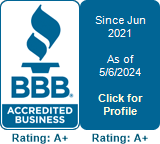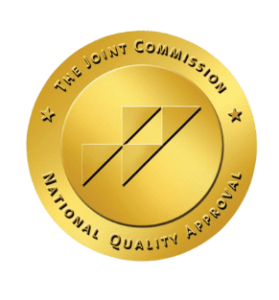What’s the Importance of Gratitude in Recovery?
Even when you’re committed to sobriety and living a healthy, growth-oriented lifestyle, it’s easy to overlook the importance of gratitude. However, research has demonstrated that gratitude has the power to improve happiness and aid in reducing symptoms of depression and anxiety—common triggers for the cycle of addiction. If you haven’t integrated gratitude into your recovery approach, here’s where you can start.
What Is Gratitude?
On the simplest level, gratitude is an appreciation for the good things in your life, even if they might seem insignificant at first glance.
A recent Berkley study “suggests that practicing gratitude may help train the brain to be more sensitive to the experience of gratitude down the line, and this could contribute to improved mental health over time.” Further evidence shows that more grateful people experience less depression and better handle traumatic events, which can trigger or be at the root of the addiction cycle.
The Relationship Between Love and Gratitude in Recovery
When properly cultivated, gratitude becomes an action of expressing your love for someone or something. If you’re grateful for your mother, you call her or visit her. If you’re grateful for your recovery, you stay committed and contribute to it. Practicing gratitude helps us connect more deeply with the people and things we love in our lives, while acknowledging how they enable us to live a better life each day as we navigate recovery.
Experiencing Moments of Gratitude in Recovery
Gratitude is best experienced and expressed in the present moment, rather than as a distant concept. To truly enjoy gratitude, try to be present in each moment when you’re with someone or doing something you love. When the moment has passed, reflect on the people and experiences that have had a positive impact on your recovery journey. Take the time to express thoughts of thankfulness in your head or with another person when possible.
Are you looking for more ideas for how to stay committed to sobriety? Take a look at how outlining your ideal day can help.
How Gratitude in Recovery Connects With Connections
When practiced regularly, gratitude builds stronger connections between people and within ourselves. It creates time and space to be mindful of relationships and the underappreciated joys of our lives, like the beauty of a sunset or the random kindness of a stranger.
If you’re having a hard time finding things to be grateful for, slow down and focus on the smallest details in your day—from feeling your feet on the ground to the movement of your eyes as you read this.
How Gratitude Benefits Addiction Recovery
Practicing gratitude can help individuals recovering from addiction better cope with triggers and cravings by providing a new way to reduce stress and access positive emotions without drugs or alcohol. Furthermore, focusing on the positive aspects of the present moment and future outlook helps those working through trauma by reorienting away from negative thoughts or memories. Lastly, gratitude can increase a sense of connection with others and with ourselves, which makes commitments to sobriety easier in the long run.
Ideas to Inspire Gratitude in Recovery
If you want to explores some ways you can start practicing gratitude in your daily life, try:
Making a Daily Gratitude List
Each day, write down three or four examples that you’re grateful for in a journal. Identify specific people or things in your life that make it better. Notice which patterns emerge on a recurring basis and what changes over time. You can also write down one concrete thing you plan to do to express gratitude during the day.
Reaching Out to Someone Who Has Supported Your Recovery
If there’s someone in your life who has been instrumental in your recovery, connect with them and let them know just how much they’ve helped you through difficult times. Ask them about their life, and make a habit of checking in with them every once in a while.
Savor the Small Moments
What’s your favorite part of the day? Slow down and enjoy it.
Finding a Spiritual or Mindfulness Exercise
Engaging in a spiritual or mindfulness practice like meditation, yoga, or prayer can better connect with your body’s capabilities and create space in our lives to reflect on thoughts of gratitude.
Do You Need Help Finding Sources of Gratitude in Recovery?
If you’re searching for guidance on where to turn next during addiction recovery, ALYST Health is here to provide all the recovery resources you need. Our Certified Recovery Agents specialize in making rehab accessible to anyone with an at-home, concierge recovery approach. Your CRA can help you develop and practice gratitude as a daily part of your recovery plan. Give us a call to start developing a treatment program tailored to your lifestyle around our full suite of addiction recovery services.






